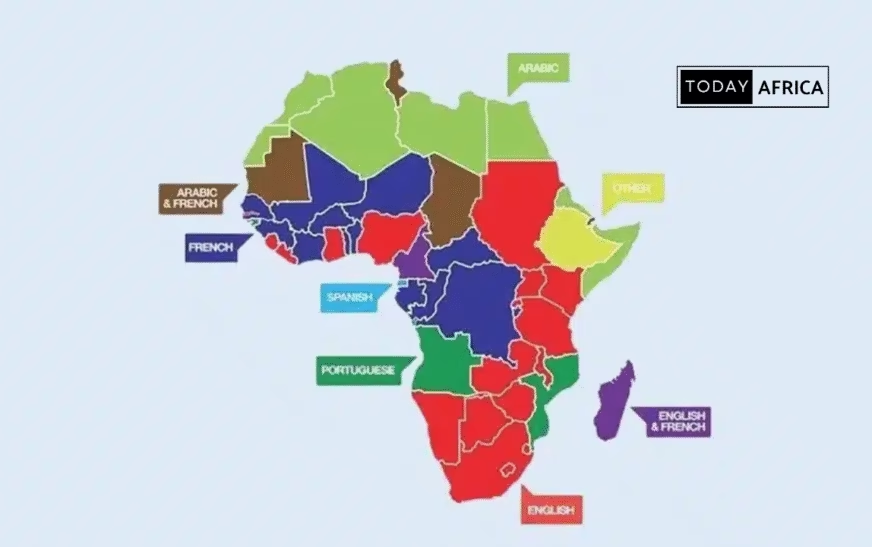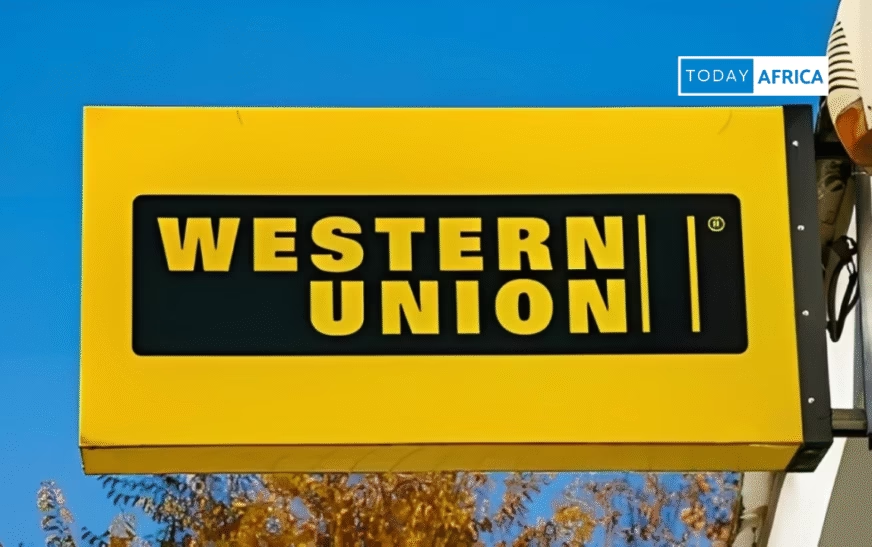Tanzania restricts internet access nationwide on Wednesday as citizens vote in the general election, disrupting mobile data and social media platforms across major networks.
Live network data from internet observatory NetBlocks shows a sharp drop in national connectivity from early morning, indicating a coordinated restriction on access. The disruption coincided with the opening of polling stations and affected both mobile and fixed-line services.
According to NetBlocks, national internet traffic began to plunge around 12:30 p.m., falling to nearly 90% below last week’s levels. The drop came just as protests erupted in parts of the country, including the commercial capital, Dar es Salaam, and the western border town of Sirare.
Three journalists who spoke to TechCabal from Dar es Salaam and Arusha said social platforms were unreachable without VPNs. They confirmed that Facebook and WhatsApp had been off since early morning.
Tanzanian authorities have not issued a statement on the outage. The Tanzania Communications Regulatory Authority (TCRA) and major telecom operators have not responded publicly.
The move continues a pattern of digital restrictions around major political events in Tanzania. Internet slowdowns and platform blocks have become common during elections and periods of protest.
Read Also: Access to pay $109.6m for Kenya’s NBK in East Africa expansion push
The first major instance occurred during the 2020 general election, when authorities restricted access to WhatsApp, Twitter (now X), and Telegram. Telecom firms were ordered to suspend bulk SMS and voice services, while some text messages containing election-related terms were blocked.
Authorities also took additional steps to restrict online communication. Access to X was blocked in May 2025, with officials citing “moral concerns.” The platform faced earlier restrictions in August 2024 during online campaigns by activists. In October 2025, TikTok Live and Instagram Live features were also disabled, reducing real-time digital broadcasting.
The TCRA has issued notices warning citizens against using Virtual Private Networks (VPNs) to bypass restrictions, stating that unauthorised use may result in fines or prosecution. VPNs remain widely used to access blocked services.
Digital content providers and online media outlets have also faced increased scrutiny, with some receiving warnings or temporary suspensions for publishing content deemed “prohibited” under national regulations.
Reports from Dar es Salaam, Arusha, and Mwanza indicate that journalists and election observers are experiencing difficulties uploading videos and photos from polling stations.
Tanzania’s use of internet restrictions places it among several African countries, including Ethiopia, Uganda, and Sudan, that have limited online access during elections or political unrest.
Authorities in those countries have cited security and misinformation concerns.
The ongoing disruption is expected to continue until after vote counting and the release of official results.
Leave a comment and follow us on social media for more tips:
- Facebook: Today Africa
- Instagram: Today Africa
- Twitter: Today Africa
- LinkedIn: Today Africa
- YouTube: Today Africa Studio
















